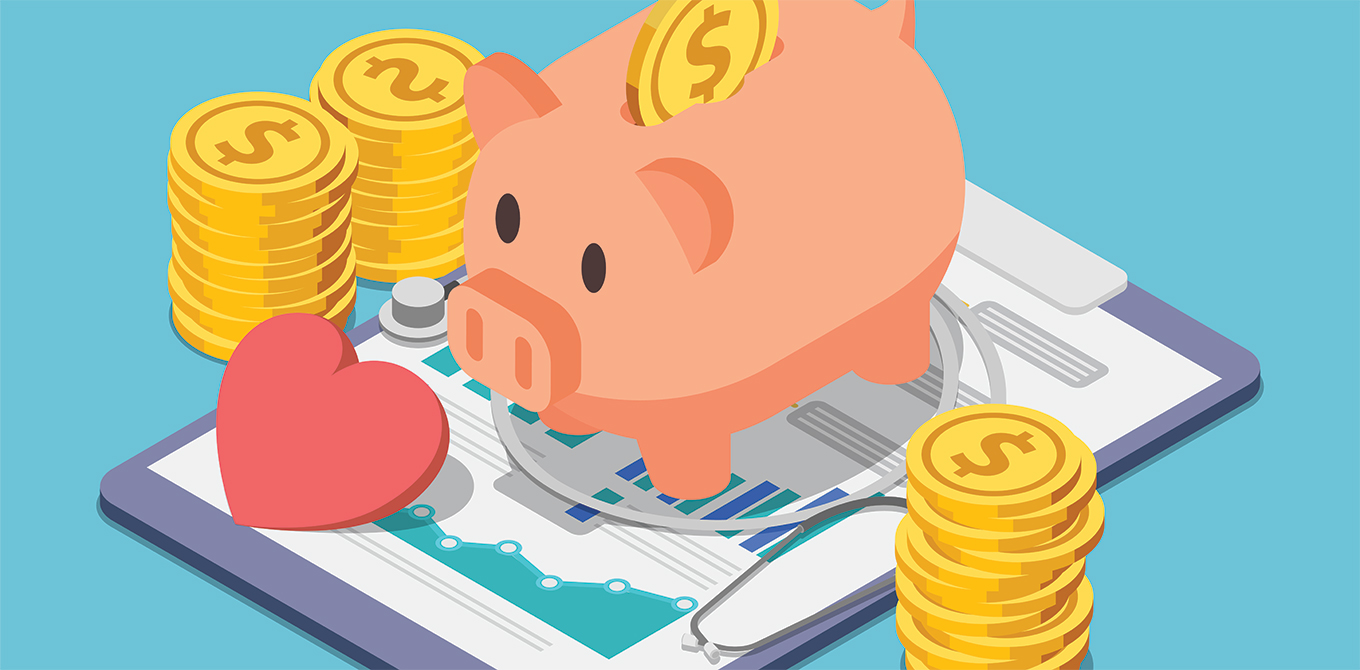Is Investing During a Crisis or Recession a Good Idea?
A global crisis or economic recession can mean heightened uncertainty and volatility in investment markets. Wild swings may seem worrisome, even scary, but turmoil also creates opportunity. Does that tension mean you should stay away and avoid the risks? Or should you jump in and seek the rewards?
The answer may not be obvious or easy to figure out. And historical patterns may not provide a clear direction or even very many clues to what may happen in the future.
From 1973 to 2009, the U.S. economy experienced six recessions. Some lasted less than a year; others extended a full year or longer. Perhaps the only thing that all the recessions had in common was that they eventually ended.
So how can you decide what to do?
Reasons to invest more—or not
The sharp declines in stock prices that occur during a crisis or recession may present good opportunities to invest. Some companies may be undervalued by the market. Others may have a business model that makes them more resilient to an economic downturn.
On the other hand, there may be reasons to back off.
Financial markets tend to be cyclical with repeated patterns of expansion, peak, recession, trough, and recovery. Every recession so far has been followed by a recovery, but the recovery hasn't always been big or arrived soon.
Moreover, companies don't all perform the same at various stages of the cycle. Some may not recover from a recession for years. Others may not recover at all. If you invest, you may experience gains or losses. If you don't invest, losses will be off the table, but you may miss the early stages of a recovery, or inflation may erode the purchasing power of your cash over time.
How do you decide? Know your own priorities
If you're in a strong financial position, your time horizon (the length of time you’ll have an investment) is long, and your tolerance for risk is high, you may feel that you want to continue to invest during a crisis or recession. If your financial position's unstable, your time horizon's short, or your tolerance for risk is low, you may be more inclined to hold off.
- Emergency savings. If you don't have a healthy emergency savings account, you may want to prioritize that before you invest more during a crisis or recession. Setting aside funds for a financial hardship, such as a job loss, or temporary illness or disability, should be a high priority regardless of economic conditions.
- High-cost debt. If you're paying a higher rate for your credit card debt than you believe you could earn from appropriate investments, paying off your debt and eliminating that expense from your budget may be more important than investing more during a crisis or recession.
- Short-term needs. If you expect to need cash for short-term expenses, such as rent, home repairs, college tuition, or medical costs, or if you expect to retire within the next few years, you may not want to invest more because your time horizon could prove too short for you to recoup any losses.
- Retirement savings. Saving for retirement should be an important goal even during a crisis or recession. If you have a retirement plan or individual retirement account, you may want to continue to invest so you can take advantage of the income tax benefits and your employer's match, if you receive one.
Strategies for investing
Investment decisions are highly personal and depend greatly on personal situations. That's especially true during an economic expansion or recession.
For example, a younger person in good health with a steady income, and good career prospects may be more inclined to invest during a crisis or recession than an older person or someone in poor health who relies on limited savings for daily living expenses. The key difference is the time horizon. The younger person can ride out market fluctuations and earn more income to make up any losses while the older person cannot.
Those generalities may not hold true for all investors in those situations. The younger person may also have children and choose to prioritize saving for their educations. The older person may also have substantial assets and want to create wealth for the next generation. In those cases, the time horizon may be flipped.
Moreover, some investors may naturally have a higher tolerance for risk than others and may feel more comfortable investing during turbulent and volatile times regardless of their personal situation.
If you decide to invest, whether it's during a crisis or recession or not, there are ways to try to lower your risk. Three time-honored strategies are diversification, value investing, and dollar-cost averaging.
- Diversification. Diversification refers to investing in a wide variety of stocks, bonds, and funds that fit your time horizon and risk tolerance. The goal is to balance the risk that some of your investments will perform better than others. You don't have to invest in everything to be well-diversified, but you should, at a minimum, choose more than one company's shares.
- Strategic investing. During a crisis or recession, you may want to avoid investments in companies or industries that are known to be cyclical, speculative, or high risk, such as unproven startups, hospitality services, and manufacturers, and retailers of luxury consumer goods. Instead, you may want to look for solid companies that may have low debt, good cashflow, and established markets for their products and services. Examples may include utilities, defense contractors, grocery and discount stores, funeral services, and manufacturers of firearms, alcoholic beverages, cosmetics, and consumer staples.
- Dollar-cost averaging. With dollar-cost averaging, you invest equal portions of your funds at regular intervals instead of investing a lump sum all at once. You can choose any amounts and timeframes that feel comfortable for you.
Deciding whether to invest more during a recession or crisis can be a surprisingly personal matter. What's right for you may not be right for someone else.
Once you make a decision and act on it, you should follow a few more tips:
- Don't leave your investments on auto-pilot.
- Don't obsessively track every market fluctuation.
- Do set periodic reminders to review your investments.
- Do make adjustments as your situation changes and the crisis or recession plays out and ultimately is resolved.




